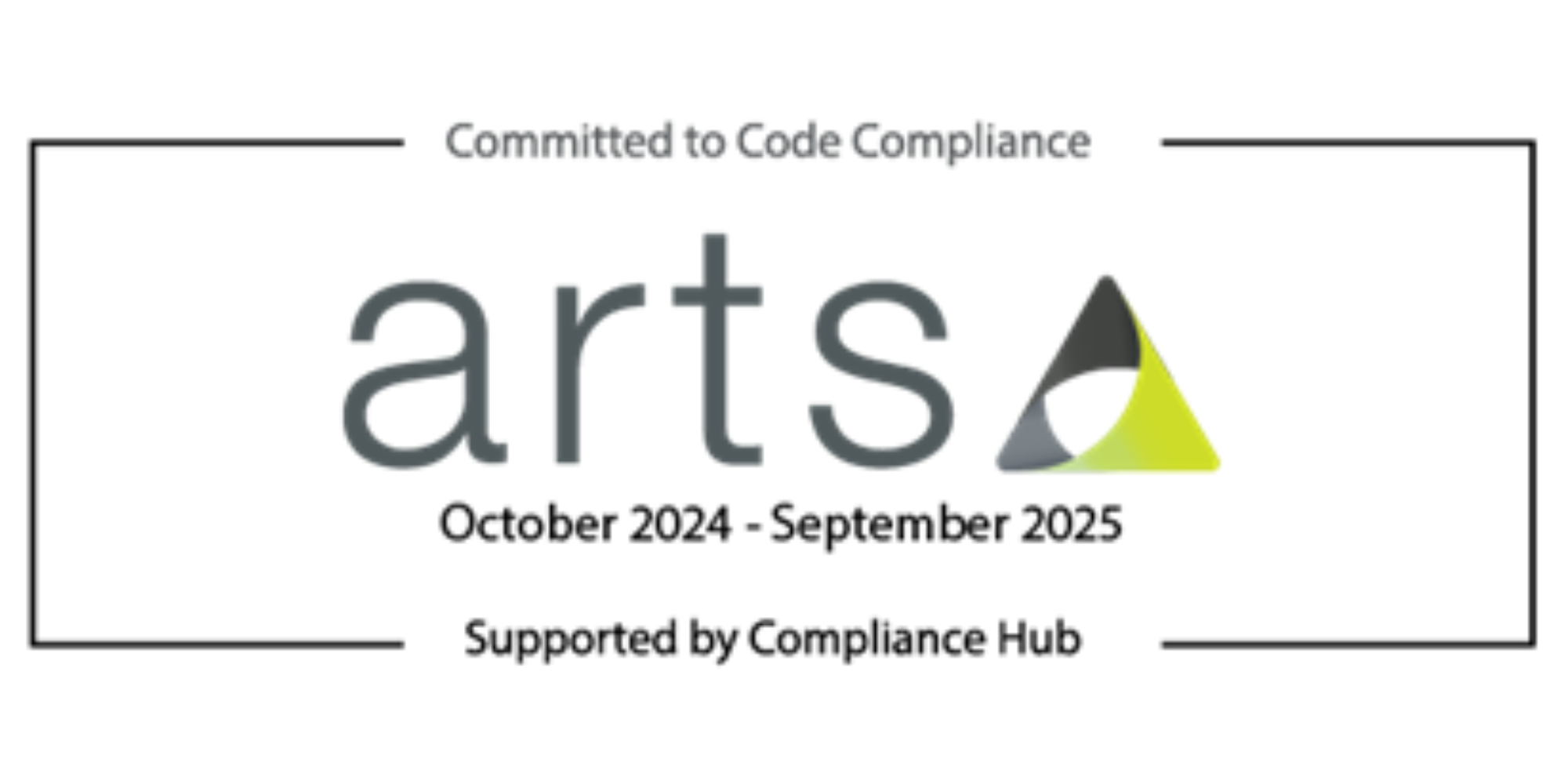Compassionate leadership in pharmacy
The recent RPS/Pharmacist Support workforce wellbeing survey RPS 2024 Workforce Wellbeing Survey.pdf revealed an epidemic of stress and burnout amongst UK pharmacy professionals, with over 87% of pharmacists at high risk of burnout. The widely acknowledged struggles of time pressure, poor working conditions, lack of protected learning time and rest breaks, challenging medicines shortages and increased post pandemic healthcare demands create a particular set of challenges for leaders in healthcare. So what skills are required for effective leadership in this context?
One suggestion is the principle of compassionate leadership. Compassionate leadership encapsulates a style of leadership that focuses on building relationships through the four key behaviours of attending (listening deeply), understanding (exploring situations without imposing solutions), empathising (feeling others' emotions without being overwhelmed), and helping (taking thoughtful action to support teams).
Critics have labelled this approach as a soft option, however, when applied to leadership in healthcare and pharmacy, the benefits for staff, organisations and patients are clear. Lower stress levels and higher satisfaction lead to higher-quality care and performance, with teams being up to 40% more productive.
We spoke with Aileen O’Hare, Senior Clinical Advisor at the General Pharmaceutical Council & Deputy Chief Pharmacist at Nottinghamshire Healthcare NHS Foundation Trust, about her upcoming panel discussion at CPC London in May to explore what role compassionate leadership can play in clinical pharmacy practice and how this can be applied practically.
Your upcoming session at CPC London focuses on the four behaviours of compassionate leadership. Could you briefly explain what this means?
Motivating a team with compassion is a critical aspect of clinical leadership. Leaders who prioritise compassion are more likely to have engaged and motivated employees. A recent study found that leaders who show compassion are more likely to retain employees and have a more positive organisational culture.
Could you give our delegates a preview of the key takeaways they can expect to learn from your session?
Some of the key take aways will be as follows:
- Leading with empathy - empathy is a critical component of motivating a team with compassion
- Avoiding using fear as a motivator - while intimidation counts as a leadership tactic, it's a dangerous one. Communicating openly and honestly with team members is a much more sustainable way to motivate
- Building healthy team dynamics - motivating a team with compassion requires strong internal dynamics
- Developing a supportive leadership style - motivating a team with compassion requires a leader who's empathetic, understanding, and able to connect with others.
Your session will share practical examples from different pharmacy settings. Could you provide our delegates with one illustrative example of how compassionate leadership principles translated into tangible improvements?
Compassionate leadership might improve the culture within your organisation, it could be used to mitigate conflict within teams or between departments, it may support leaders to better understand the needs of their teams, departments, or stakeholders they work with.
Throughout your own career journey, what has been your most profound learning experience regarding leadership?
For me, leadership is much less about the individual and more about supporting the professional growth and development of others. As a member of the RPS mentoring advisory group, I am passionate believer in the benefits of mentoring and coaching the next generation of pharmacists and pharmacy technicians to support their own leadership aspirations.
How do you see compassionate leadership specifically supporting pharmacy professionals through current challenges such as workforce pressures and integration across care settings?
There are a range of challenges impacting the pharmacy profession right now, workforce, financial sustainability, integration, service capacity, medicines shortages, and healthcare demand post Covid. Compassionate leadership is an integral leadership skill required during periods of significant change or challenge. Studies have shown that compassion is one of the most powerful interventions in health care, and that compassionate healthcare is beneficial for patients through improving clinical outcomes; for healthcare systems by supporting financial sustainability; and for healthcare professionals, through lowering burnout and promoting resilience and wellbeing.

Join Aileen and her fellow panellists at CPC London on Friday 9th May in the Leadership & Professional Development Theatre to hear more and join the discussion around compassionate leadership in pharmacy practice.


 North
North

